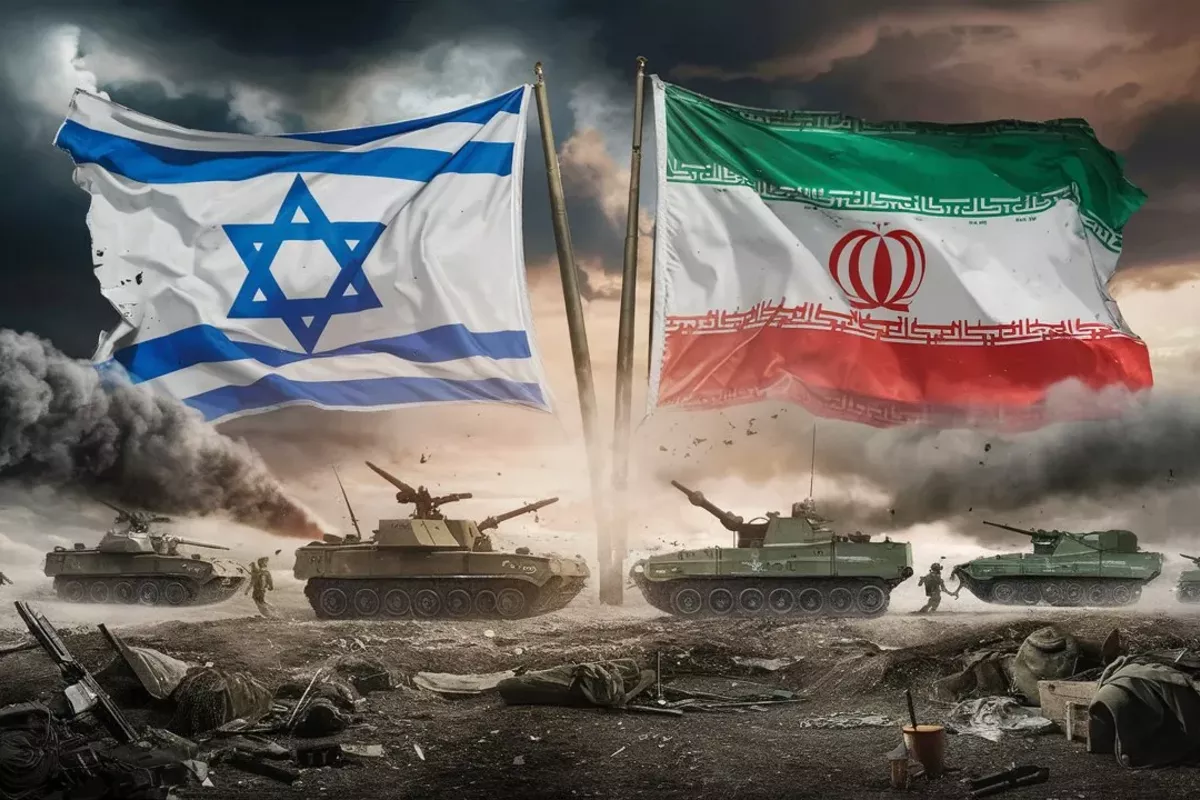
The 12-day war between Iran and Israel has gone down as one of the most significant events to shake the regional security architecture in the Middle East.
Despite its short duration, the conflict led to serious political, military, and infrastructural consequences. Strikes on Iran’s nuclear facilities, Tehran’s refusal to cooperate with the IAEA, and the harsh reaction from the international community have triggered new sources of tension in the region. The central question now is whether the military escalation will continue and whether the parties will return to the negotiating table.
To shed light on these issues, the analytical platform The Caspian Post spoke with Afshar Suleymani, former Iranian Ambassador to Azerbaijan and political analyst.
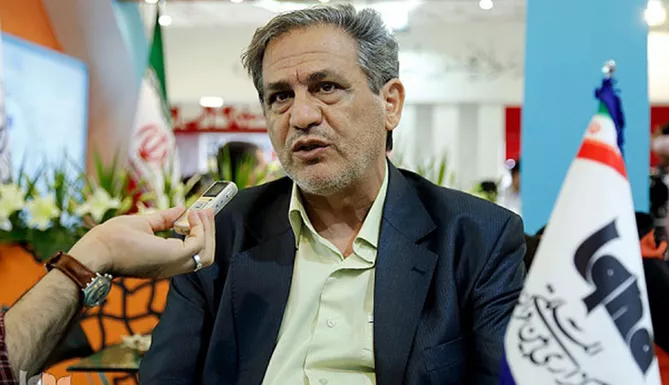
Photo: Afshar Suleymani, former Iranian Ambassador to Azerbaijan and political analyst
- What are the main outcomes of the 12-day war between Iran and Israel? Who suffered the greatest losses - politically, militarily, and in terms of infrastructure?
- Israel’s aggression against Iran should be viewed from a broader perspective. Israel was fully supported by the United States and Western countries in general. While other states did not provide direct support, they took political positions, and some even condemned the attacks on Iran. However, none of them took any technical or practical steps in favor of Iran.
According to international law, particularly the UN Charter, the attack violated Article 2(4) and Article 39 of the document. For this reason, several countries condemned the strikes, but the U.S. and the West stood firmly with Israel. Therefore, the two sides were not on equal footing in terms of capacity. Nevertheless, Israel did not fully achieve its objectives.
Of course, all the weapons, aircraft, and defense systems used by Israel were supplied by the United States. Despite this, Iranian missiles managed to reach Israeli territory and caused significant destruction. However, Iran also suffered both human casualties and material losses.
Israel’s main goal was not limited to military strikes. It also sought to incite the Iranian public against the government and even provoke regime change - a goal it failed to achieve.
On the other hand, Israel was not inclined toward a ceasefire. However, given Israel’s small geographic size and its population’s low tolerance for prolonged conflict, it could not maintain this stance for long.
Additionally, the claims that “Iran is building a nuclear bomb” were largely unfounded and exaggerated.
Therefore, it is more appropriate to approach the issue from a broader and more objective perspective.
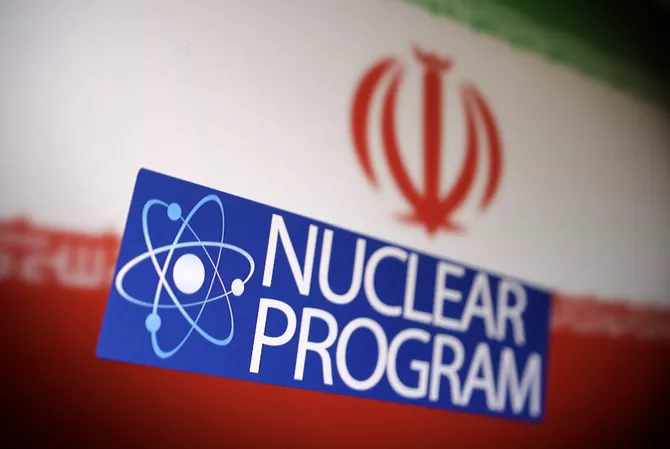
Photo credit: Reuters
- How seriously was Iran’s nuclear program damaged during the war? Can we speak of the complete destruction of key facilities, or merely a temporary setback?
- This issue remains unclear, and various opinions have been voiced. Even within the West - including the United States - differing reports have emerged. It has been claimed that Iran’s nuclear infrastructure suffered significant damage. In any case, it is a fact that some strikes were carried out - even the spokesperson for Iran’s Foreign Ministry has acknowledged this. However, the full scale and consequences of those strikes are still unknown.
Iran, on the other hand, asserts that the situation is not as serious as its adversaries claim. The matter is primarily scientific in nature, and while some technical processes may have been delayed, Iran has repeatedly stated that it has no intention of developing nuclear weapons. In fact, the U.S. itself had accepted this position in the past. But subsequent developments - particularly the Trump administration’s and Israel’s duplicitous actions - suggested otherwise.
For instance, Israel launched its attack just two days before the sixth round of nuclear talks. Yet two weeks earlier, the U.S. had stated that there was still time for diplomacy. The fact that the attack came so soon afterward demonstrated that the opposing side was not acting in good faith. These lies and deceptions have become increasingly apparent to the international community.
Iran maintains its position that it retains the right to pursue peaceful nuclear activities, while explicitly rejecting any ambition to build nuclear weapons. The international community must acknowledge and try to understand this stance.
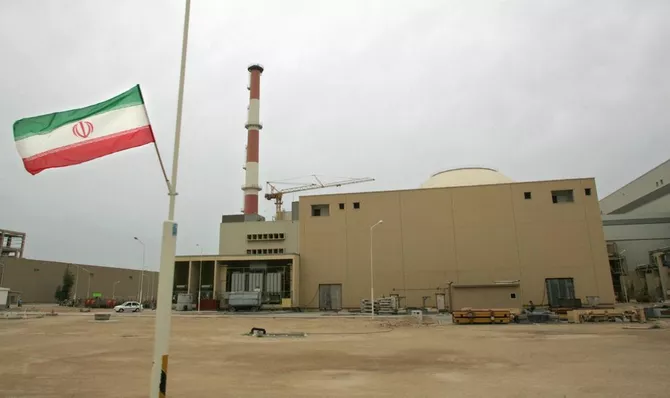
Photo credit: i24news
- Despite the strikes on its nuclear facilities, does Iran still retain the potential to develop nuclear weapons? Does it plan to continue work in this direction?
- Iran is not pursuing the development of nuclear weapons. In other words, it is not engaged in activities aimed at that goal. It’s possible that some work may have been done in the past - the IAEA conducted inspections and so on - but today Iran clearly states that it has no such intention.
Even U.S. institutions and intelligence agencies have acknowledged that Iran is not currently working in this area and has no plans to develop nuclear weapons.
Iran has repeatedly expressed its readiness to provide guarantees and sign an agreement on the matter. Nevertheless, the other side approached this issue with different intentions and proceeded with actions that do not reflect Iran’s stated position.
- How did the international community react to Iran’s actions following the war, particularly its decision to cease cooperation with the IAEA? What could be the consequences of this step?
- Iran’s near-complete suspension of cooperation with the IAEA is primarily tied to the dissemination of inaccurate information. The IAEA Board of Governors adopted a resolution based on such reports. In response, Iran stated that the issue was handled unjustly, and for that reason, cooperation was halted.
Furthermore, this decision was not made unilaterally; it was adopted by Iran’s Supreme National Security Council and subsequently approved by the parliament, making it legally valid.
Iran maintains that the Supreme Council could, if it sees fit, decide to resume cooperation in the future. However, under current circumstances, Iran believes that the false information provided effectively led to Israel's attack, which is unacceptable from Iran’s perspective.
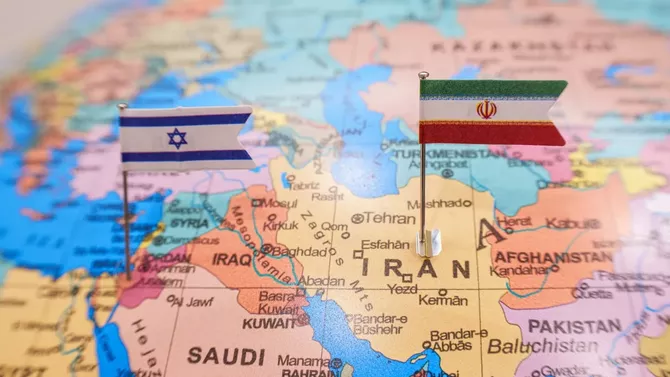
Photo credit: SHUTTERSTOCK
- Is it possible that another military confrontation between Iran and Israel could occur in the near future? What conditions might trigger a new escalation?
- In my view, the likelihood of Israel launching another attack on Iran has become very low. Even Trump himself admitted that Iran inflicted significant damage on Israel. Israel, however, has not fully disclosed the extent of the damage, keeping much of it under wraps through censorship.
Israel believed it could resolve the situation within a few days and even hoped to overthrow the Iranian regime. But that plan largely failed.
There may still be isolated incidents or tensions in the future, but I don’t believe a large-scale war is likely in the near term. Everything depends on how Iran manages the current situation and the direction of its dialogue with the United States. Many issues remain unresolved.
In my opinion, Iran should pursue direct negotiations with the U.S. At the very least, this would help to distance Washington from Israel’s influence and prevent a power vacuum in the region. One of the key gaps in Iran’s foreign policy has been its approach to the U.S. Taking national interests into account, Iran could resolve several of these challenges by establishing dialogue and cooperation with the United States.
- What are the prospects for diplomatic settlement between Iran and the West after the war? Is Tehran ready to return to the negotiating table regarding the nuclear deal?
- According to statements from the American side, including Donald Trump and Marco Rubio, there are intentions to hold talks with Iran next week. However, this information has not yet been confirmed by Iran.
In my view, these negotiations will inevitably take place sooner or later. Trump had previously imposed restrictions preventing Iran from selling oil to China, but he now says those restrictions have been lifted. He has stated that Iran is free to sell its oil - a move that can be seen as a positive signal to both Iran and China.
In any case, the likelihood of talks beginning in the near future is real. The only uncertainty is under what conditions and at what exact time these talks will happen - for now, we will have to wait and see.
Share on social media